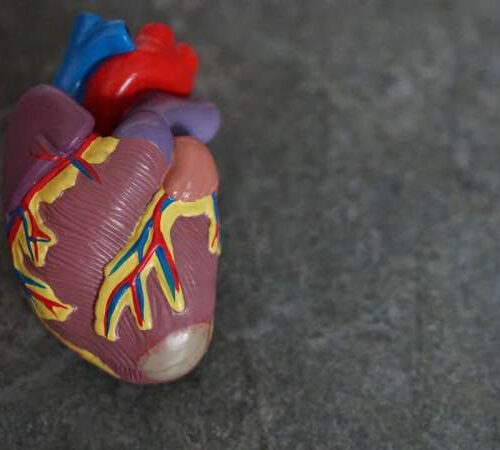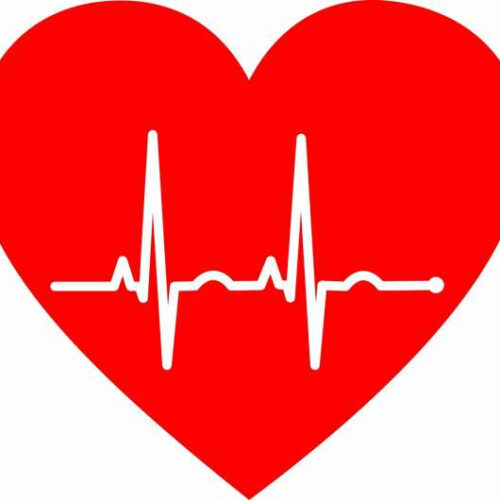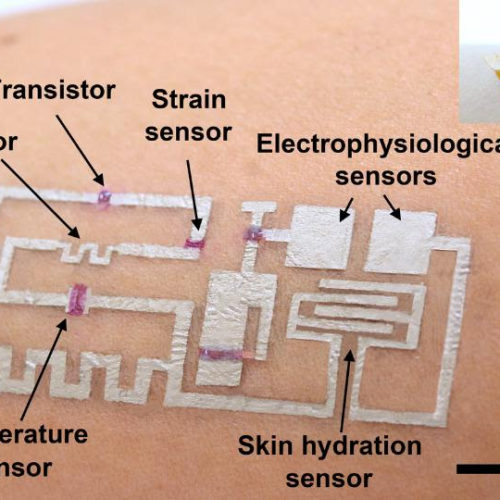WILEY People with psoriasis and psoriatic arthritis, collectively known as psoriatic disease, are more likely to develop cardiovascular disease than others in the general population. In a new study published in Arthritis & Rheumatology that included 1,000 adults with psoriatic disease, elevated blood levels of two indicators of cardiovascular health—cardiac high-sensitivity troponin I (cTnI) and N-terminal pro-brain-type...
Tag: <span>Heart health</span>
Less than 1 in 5 adults with Type 2 diabetes in the U.S. are meeting optimal heart health targets
AMERICAN HEART ASSOCIATION DALLAS, Jan. 10, 2022 — Fewer than 1 in 5 adults with Type 2 diabetes in the U.S. are meeting targets to reduce heart disease risk. Fortunately, available therapies can help when combined with new approaches that address social determinants of health and other barriers to care, according to a new American...
Bedtime linked with heart health
by European Society of Cardiology Credit: Pixabay/CC0 Public Domain Going to sleep between 10:00 and 11:00 pm is associated with a lower risk of developing heart disease compared to earlier or later bedtimes, according to a study published today in European Heart Journal—Digital Health, a journal of the European Society of Cardiology (ESC). “The body has a...
Sticking to low-fat dairy may not be the only heart healthy option, study shows
by George Institute for Global Health Credit: CC0 Public Domain New research amongst the world’s biggest consumers of dairy foods has shown that those with higher intakes of dairy fat—measured by levels of fatty acids in the blood—had a lower risk of cardiovascular disease compared to those with low intakes. Higher intakes of dairy fat were...
Fat matters more than muscle for heart health
by University of Bristol Credit: Pixabay/CC0 Public Domain New research has found that changes in body fat impact early markers of heart health more than changes in body muscle, suggesting there are greater benefits to be expected from losing fat than from gaining muscle. The observational study, led by researchers from the University of Bristol, was published...
Growing evidence of vitamin K benefits for heart health
by American Heart Association Credit: CC0 Public Domain New Edith Cowan University (ECU) research has found that people who eat a diet rich in vitamin K have up to a 34 percent lower risk of atherosclerosis-related cardiovascular disease (conditions affecting the heart or blood vessels). Researchers examined data from more than 50,000 people taking part in the Danish Diet,...
Common weight-loss drug successfully targets fat that can endanger heart health
by UT Southwestern Medical Center Credit: Unsplash/CC0 Public Domain Researchers at UT Southwestern announced successful results of a clinical trial for a commonly prescribed weight-loss drug called liraglutide. In adults who are overweight or have obesity combined with high cardiovascular risk, once-daily liraglutide combined with lifestyle interventions significantly lowered two types of fat that have been...
Cutting 250 calories daily and exercising may improve heart health in obese older adults
by American Heart Association Credit: CC0 Public Domain Cutting just 250 calories a day with moderate exercise reaped bigger rewards than exercise alone for older, obese adults. Among older adults with obesity, combining aerobic exercise with a moderate reduction in daily calories resulted in greater improvements in aortic stiffness (a measure of vascular health, which impacts...
‘Drawn-on-skin’ electronics offer breakthrough in wearable monitors
New electronics platform provides better data for personalized care A NEW FORM OF ELECTRONICS KNOWN AS “DRAWN-ON-SKIN ELECTRONICS ” ALLOWS MULTIFUNCTIONAL SENSORS AND CIRCUITS TO BE DRAWN ON THE SKIN WITH AN INK PEN. view more CREDIT: UNIVERSITY OF HOUSTON A team of researchers led by Cunjiang Yu, Bill D. Cook Associate Professor of Mechanical...
Iron deficiency during infancy reduces vaccine efficacy
About 40 percent of children around the globe suffer from anemia because they do not consume enough iron. Now, studies by ETH researchers show that iron deficiency also reduces the protection provided by vaccinations. Despite the fact that global immunization programs are now reaching more people than ever, about 1.5 million children still die every...







